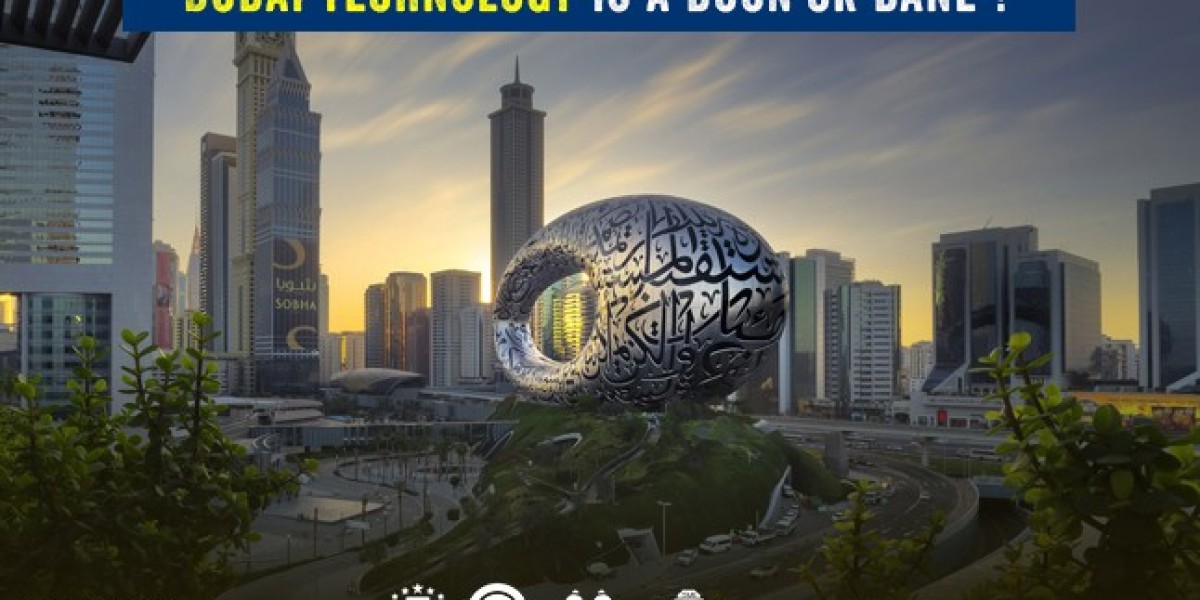The rapid technological development in Dubai has both positive and negative environmental impacts. While smart technologies and IoT are being utilized to create more sustainable urban environments, the increased energy consumption and electronic waste generated by these advancements pose significant environmental challenges.
Positive Environmental Impacts
Dubai's commitment to becoming a smart and sustainable city involves the implementation of green technologies and practices. Smart grids, for instance, optimize energy distribution and consumption, reducing wastage and enhancing efficiency. These grids use advanced sensors and data analytics to monitor and manage energy flow, ensuring that resources are used effectively.
The city has also embraced renewable energy sources to reduce its carbon footprint. The Mohammed bin Rashid Al Maktoum Solar Park is one of the largest solar power projects in the world, contributing significantly to Dubai's clean energy goals. By harnessing solar energy, Dubai aims to generate 75% of its power from renewable sources by 2050.
Water conservation is another critical area where technology plays a vital role. Smart irrigation systems and water management technologies help reduce water consumption in landscaping and agriculture. These systems use sensors to monitor soil moisture levels and weather conditions, adjusting water usage accordingly to minimize wastage.
Negative Environmental Impacts
Despite these positive initiatives, the increased use of technology in Dubai also has negative environmental consequences. The rapid pace of digitization and the proliferation of electronic devices lead to higher energy consumption. Data centers, which power digital services and store vast amounts of information, require significant amounts of energy for cooling and operation.
Electronic waste (e-waste) is another growing concern. As technology evolves, older devices become obsolete, leading to increased disposal of electronic products. Improper disposal of e-waste can result in the release of hazardous materials into the environment, posing risks to both human health and ecosystems.
To mitigate these impacts, Dubai has implemented e-waste management programs and recycling initiatives. The city encourages residents to recycle electronic devices through designated collection points and partners with organizations that specialize in e-waste recycling. These efforts aim to reduce the environmental footprint of technological advancements and promote sustainable practices.
Balancing Progress and Sustainability
Balancing technological progress with environmental sustainability is crucial for Dubai's future. The city must continue to innovate while ensuring that its growth does not come at the expense of the environment. This requires a holistic approach that integrates sustainability into every aspect of technological development.
Collaboration between the government, private sector, and residents is essential to achieve this balance. By fostering a culture of sustainability and encouraging responsible consumption, Dubai can harness the benefits of technology while minimizing its environmental impact.







